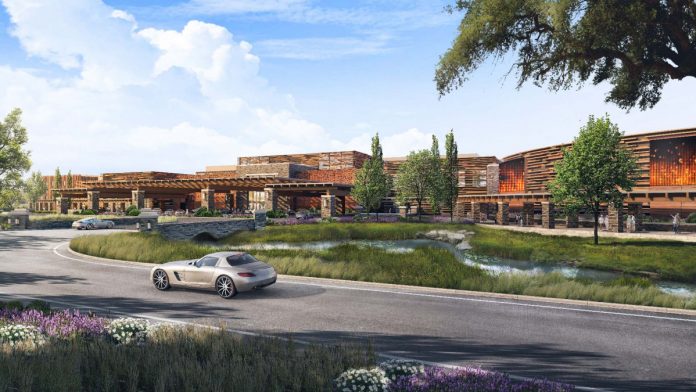The Koi Nation has unveiled plans to develop the Shiloh Resort and Casino at a 68-acre site in Sonoma County, California, which will “re-establish its tribal land base”.
The tribe says that the property selection restores its ability to exercise its rights to self-governance, and will provide a base for economic development that will sustain the Koi Nation’s independence within a few miles of its ancestral home.
It is said that the project will include a 2,500 class III gaming machine facility, a 200-room hotel, six restaurant and food service areas, a meeting centre and spa.
Koi Nation attorneys in Washington DC have filed an application to place the land into trust with the federal government, making it eligible for gaming under the IGRA. The action will lead to an environmental review and public comment period to begin in 60 to 90 days.
“The Koi Nation has had to struggle harder than almost any other tribe in California to re-establish our sovereignty,” commented Darin Beltran, tribal chair.
“Despite this treatment, however, we have endured. It is time to exercise our rights as a federally recognised tribe to have our own land and to control our own destiny.”
Adding: “This region, the historic home of our people, today has one of the highest costs of living in the world, meaning that 90 per cent of our citizens are part of what are considered low-income households.
“By exercising our rights under the IGRA, we can build prosperity for our tribe and make a real difference for our people today as well as for our children and the generations yet to come.”
Revenue from the planned resort and casino will enable the tribal government to become economically independent and provide a long-term income source supporting the needs of current and future generations of tribal citizens.
The development is set to create hundreds of jobs for workers in construction trades, as well as 1,100 full-time workers when in full operation
“With this land and the Shiloh Resort & Casino, we are taking long overdue steps to preserve our cultural and historic integrity and secure a brighter future for coming generations,” Beltran noted.
“At the same time, our success will also benefit the communities in the region where our people have lived for thousands of years. We are confident the community will support us as we seek to restore our independence and exercise our rights as Native Americans.”











